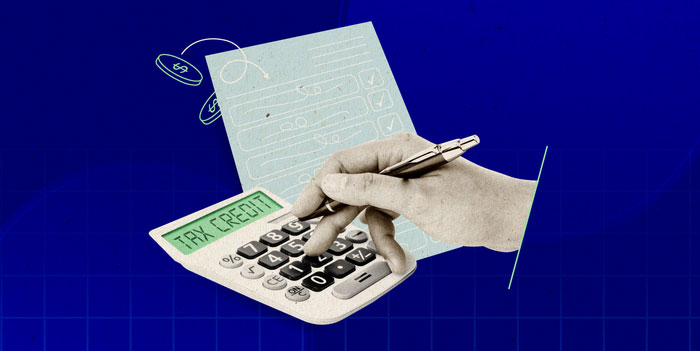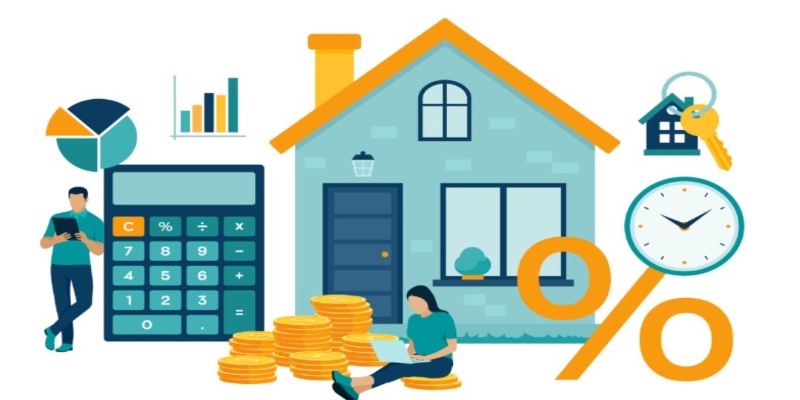Introduction
It can be tempting to forgo completing your income tax return if your salary is below the threshold for doing so or if you don't anticipate receiving a refund. However, you may lose out on valuable tax deductions if you do so. Even if you owe the IRS nothing in taxes, they may send you a refund check. Whether or not you must file a return depends on several variables (including your age, filing status, and the amount of money you made from self-employment, which must be at least $400). This minimum income requirement for the 2021 tax year is $12,550 for single filers under 65 and $26,450 for "qualified widows (ers)" 65 and older.
How Credits and Deductions Work
The amount of tax you owe the federal government can be adjusted by claiming credits and deductions on your tax return. The number of your deductions can reduce your taxable income. Depending on the type of credit, you may be eligible for a refund even if you owe no tax or a larger refund if you do owe money.

Earned Income Tax Credit
What it is: a tax credit that can be refunded to workers with low or moderate incomes. The earned income tax credit is available to those whose AGI is below the applicable threshold. The minimum adjusted gross income required for eligibility varies by filing status and the number of qualifying children you claim. To receive the credit, a single taxpayer with one qualifying kid must have an adjusted gross income of $41,094 or less. There is a wide range in the value of this credit, from a low of $529 for qualifying single filers to a high of $6,557 for qualifying joint filers with three or more children.
Premium Tax Credit
What it is: a reduction in the out-of-pocket expense of buying health insurance for individuals and families through the Health Insurance Marketplace. This credit is only available to those within a specific income range. And no one can claim you as a dependency, and married people cannot file separately (though there are exceptions). To qualify for health insurance through the Health Insurance Marketplace, you must not be qualified for or able to purchase coverage through either an employer- or government-sponsored health plan. Also, you must have made premium payments not reimbursed by an advance credit. The value of the credit is equal to the monthly premium for the second-cheapest silver plan offered in your state's insurance exchange. However, the credit cannot go beyond the premiums you've paid for the chosen plan.
Entitlement Of Refund
If taxpayers file their Tax Return for their Tax Year after the due date, they will not be eligible for a refund during the time they were not included in ATL. Likewise, the Income Tax Authorities will not be liable to pay any compensation for a delayed refund during the time the taxpayer was not included in ATL.
Even with zero tax liability, you may still qualify. Some taxpayer credits may have a finite lifespan because they are part of a stimulus package designed to jumpstart the economy. A credit will expire if Congress does not vote to extend it. In this regard, the Making Work Pay Credit stands out; this credit provided a refundable $400 for single filers and $800 for joint filers. The credit was available for the 2009 and 2010 tax years but was not renewed by Congress.
Find that they owe no taxes because of nonrefundable credits, deductions, or other conditions. A taxpayer with no tax liability can nevertheless claim any refundable credits for which they are eligible and receive a refund for the total amount of those credits. If you are eligible for a $2,000 tax credit and end up owing no taxes, the total $2,000 will be refunded. You should factor in all credits, deductions, and taxes paid, including those that are nonrefundable, before calculating any refundable tax credits. Available credits change from year to year. It's not guaranteed that a tax credit will be offered each year. Congress has the option of extending several of the tax benefits from the prior year every year.

Conclusion
It may still be beneficial to file a tax return even if you don't have any taxes to pay. For the tax year 2021, the federal minimum wage is $12,550, possibly increasing to $26,450 based on your filing status and the availability of certain credits. The Earned Income Tax Credit may be able to provide you with a refund. The value of the tax credit in 2021 is between $1,502 and $6,728. There are further tax breaks for parents, medical expenses, and more. Even if your wages are low, you should still file if you have any other sources of income.




